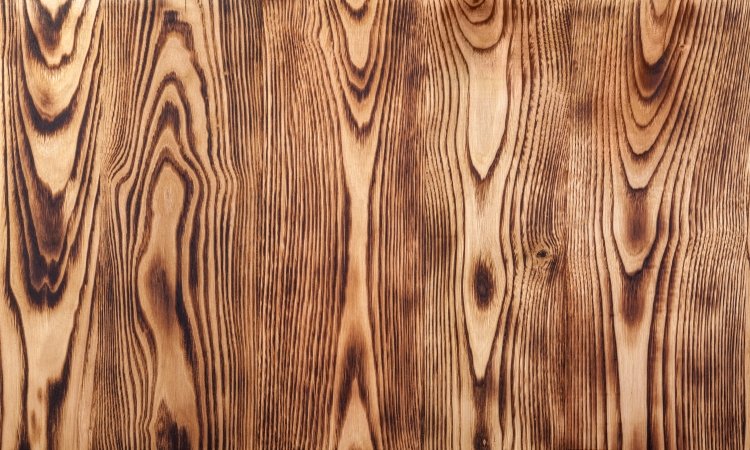Chestnut Wood Walking Canes
Posted by ALEX TORRES

Chestnut as a construction material is highly sought after because it can be stained and treated to almost any color or shade. Even when left in its "natural" state, it makes a beautiful walking cane that is a delight to any collector.
Strength of Chestnut Walking Canes
From the same family as oak trees, chestnut is a very strong wood, especially when harvested in its youngest stages. Much like oak, it has a dense, naturally preservative tannin, that helps it maintain its shape and strength even in the most adverse weather conditions. This tannin is so potent that it has even been known to slowly erode iron and steel, which is why it is generally seen in walking canes paired with brass, copper, silver or more decorative metals. The strength of chestnut has been known for centuries, as it is predominantly what some of the most famous, historical sites in England are crafted out of.
This chestnut cane displays many of the ways the wood can be treated for a natural, woodsy feel.
Chestnut as a Decorative Wood
Again, much like oak, chestnut is used in decorative pieces for its tight, thin grains and the ability for it to be finished at a mill or on a lathe into a beautifully sanded piece of lumber. Walking cane manufacturers like chestnut because it sands so easily, and chestnut walking canes are often more smooth and almost silky to the touch than other more common materials.
Chestnut as a Renewable Resource
Often grown in plantations as a steady source of timber, lumber and finished wood products, chestnut is an ecologically-conscious wood choice. Since its peak strength is often when the wood is youngest and most tannin-rich, these trees are harvested and replanted quickly, and they grow to their optimal height and width at an alarming rate. Thus, this lessens the need for clear-cutting of old-growth and other forests, since these trees can repopulate in the plantation so quickly.
Since there are so many reasons to choose a chestnut walking cane, it is almost shocking that they are not more popular! Do you use a chestnut cane? Tell us about it on our Facebook Page!

